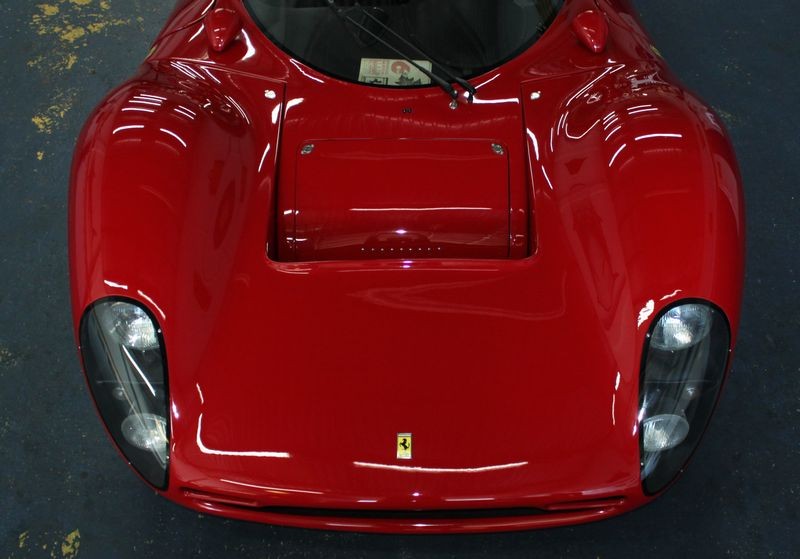So I’ve read here that Mike Phillips and a few others state that a forced rotation or gear driven will not finish as well as a long throw and on a few threads I disagreed as I was unable to tell a difference in finish between the two. However recently I had a dark blue Golf R which was corrected with both a 3401 and Mille where under Scangrip lighting the paint was close on perfect. However when taking it out into the sun both sides of the car had a hint of holograms, why I state hint is as it was not as pronounced as rotary holograms.
The car was moved back inside and repolished with the same pad/compound combo on a 21 MKII on a hologram affected area with the rest of the vehicle given a milder pad/combo treatment as it was corrected anyways. This was done to see if the initial pad/polosh combo would instill holograms again and of course the milder combo to treat the hologram/corrected areas. When pulled out into the sun the paint was absolutely stunning, the clarity was what it should have been initially. At the time of doing all this I was more into the actual paint correction than taking pictures and documenting, so no pictures unfortunately. I’m not saying that gear drivens can’t finish close on perfect as I have done so more times than I can count. What I am saying is that on certain paints they can finish less than desirable, so yeah Mike Phillips was right, long throws do finish better on the whole.
The car was moved back inside and repolished with the same pad/compound combo on a 21 MKII on a hologram affected area with the rest of the vehicle given a milder pad/combo treatment as it was corrected anyways. This was done to see if the initial pad/polosh combo would instill holograms again and of course the milder combo to treat the hologram/corrected areas. When pulled out into the sun the paint was absolutely stunning, the clarity was what it should have been initially. At the time of doing all this I was more into the actual paint correction than taking pictures and documenting, so no pictures unfortunately. I’m not saying that gear drivens can’t finish close on perfect as I have done so more times than I can count. What I am saying is that on certain paints they can finish less than desirable, so yeah Mike Phillips was right, long throws do finish better on the whole.



